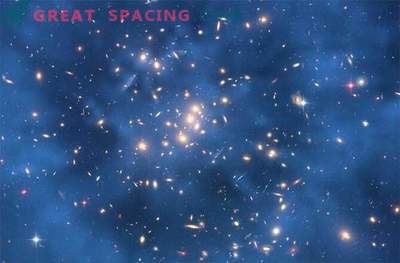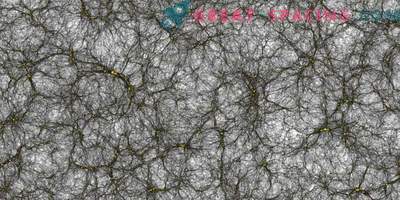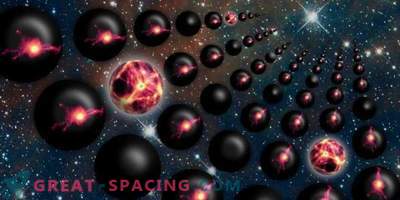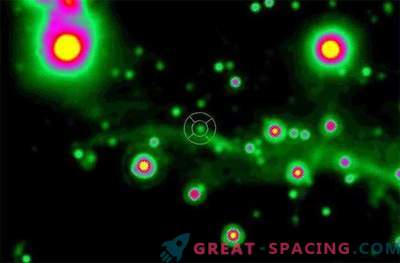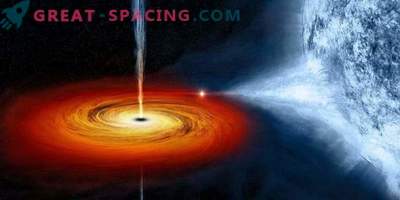
An upgraded, more powerful Large Hadron Collider (BAC) is ready for re-launch next month. The collider should open doors to new areas of physics, it is even possible to detect particles of the so-called “dark matter”, which along with dark energy dominate in the Universe.
Dark matter is so named because it does not emit or absorb light or other electromagnetic radiation. But its presence affects stars, galaxies, dust, and other visible matter.
Scientists have calculated that ordinary visible matter makes up only about 5 percent of the Universe. Everything else is filled with dark matter and dark energy, which accelerates the expansion of the universe.
"All we know about dark matter is that it exists," said physicist Michael Williams, from the Massachusetts Institute of Technology. "It would be nice if we could understand what dark matter is and how it affects galaxies and the evolution of the Universe."
In 2012, researchers, using the world's most powerful atomic accelerator, discovered a new subatomic particle, the Higgs boson, which scientists believe gives its mass to matter. Thanks to this work, in 2013 the Nobel Prize was awarded to two scientists who suggested the existence of these particles. After two years of modernization, thanks to which the capacity of the Large Hadron Collider has doubled, scientists hope to find evidence for other versions of the Higgs boson, as well as hypothetical subatomic partners of quarks, leptons and other particles.
"It is not clear what these dark matter particles are. It may be the supersymmetry of the photon partners — photino or graviton – gravitino,” said Beata Heinemann, a professor of physics at the University of California at Berkeley.
"Only the lightest particles can be stable enough to exist since the creation of the Universe 13800000000 years ago, and they must be electrically neutral," she added.
Depending on how much energy is required to produce particles, and whether they can be discovered, scientists can discover these mysterious particles of dark matter before the end of the year.

